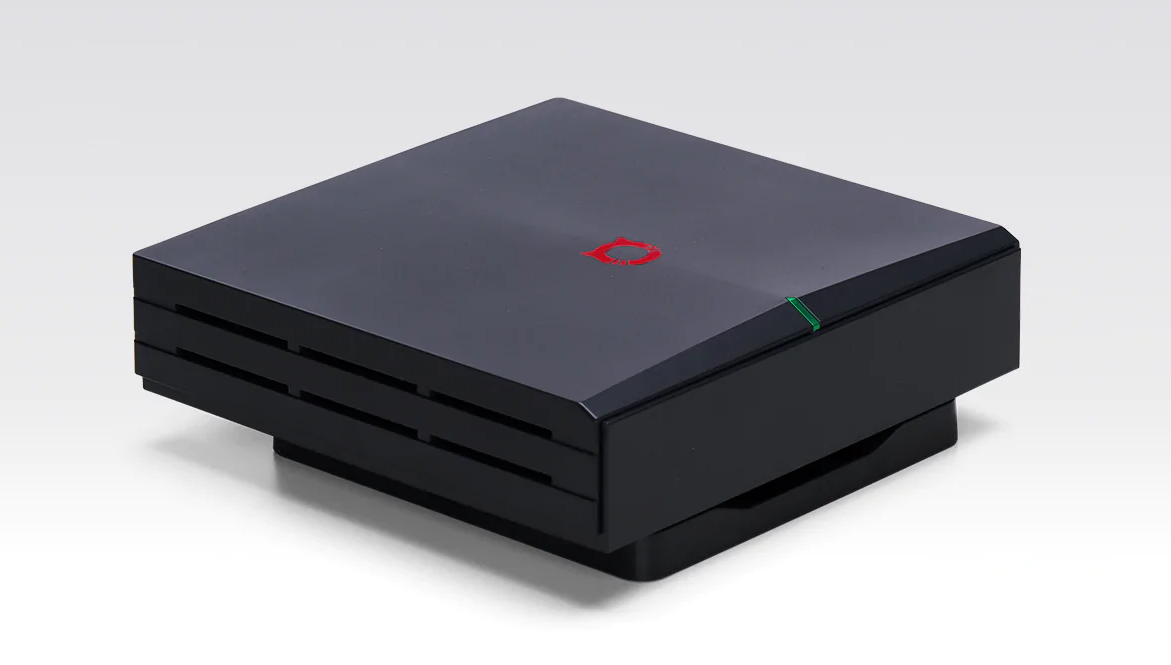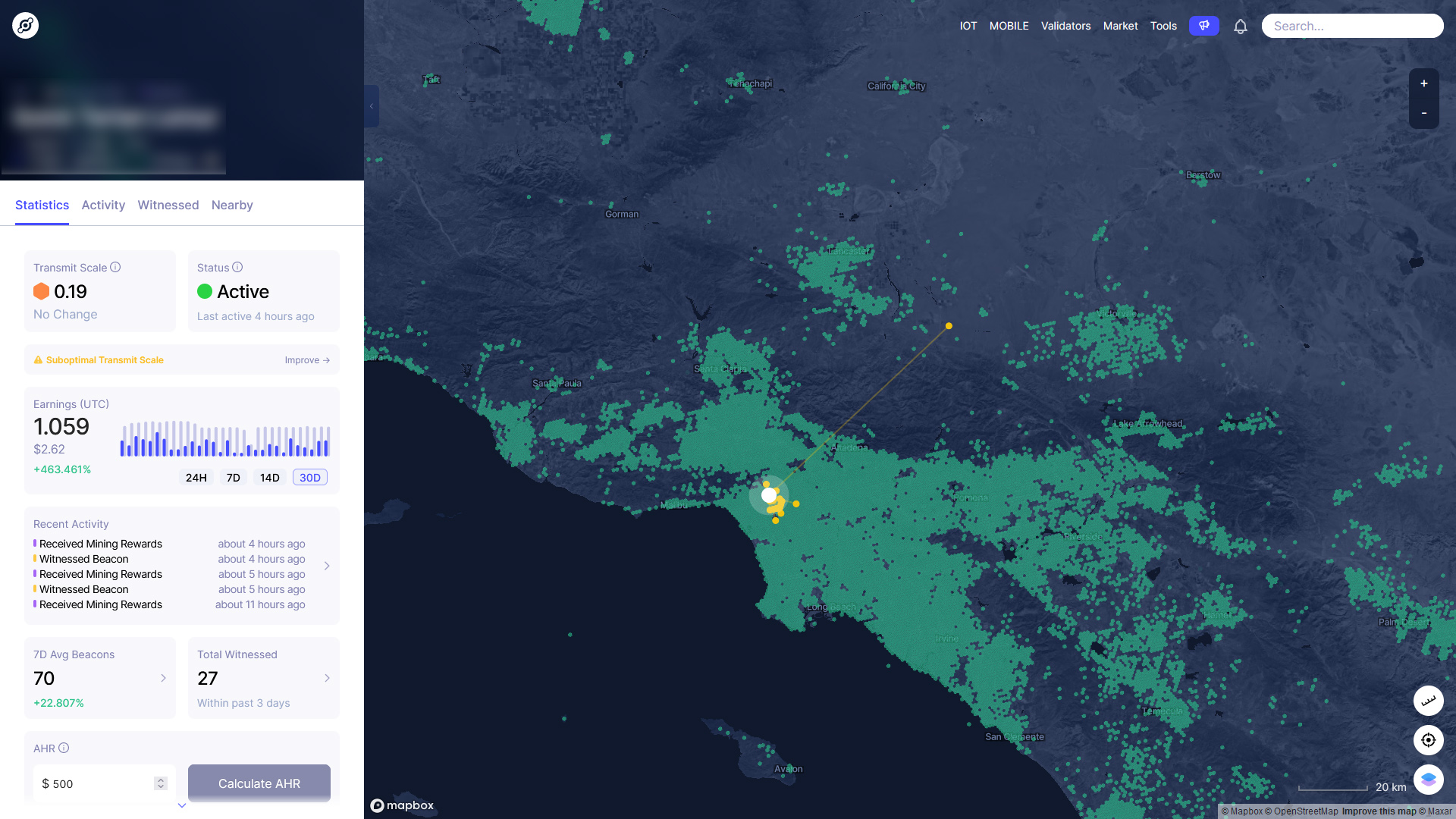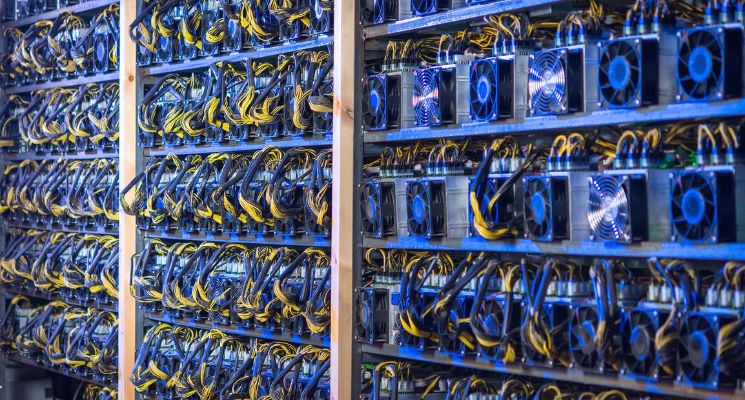
The Helium (HNT) project is something quite interesting with a lot of potential in the future. It is an effort to create a global wireless network by utilizing Proof-of-Coverage as a work algorithm with dedicated Hotspots (miners) that are providing legitimate wireless coverage to expand the network. Helium’s LongFi combines the LoRaWAN wireless protocol with Helium blockchain so any LoRaWAN device can transfer data on the Helium Network. Helium’s Technology allows anyone to build out massive, cost-effective wireless infrastructures in an entirely new business model that benefits everyone. It opens the doors to many new ideas for low power devices with long battery life and network connectivity regardless of their location. The network relies on people to build and maintain the wireless coverage and as a result the participants are being rewarded the native HNT token of Heli and the company behind the project is already working on building a 5G network as well.
Helium started very strong, creating a big demand for Helium Hotspots or miners, and with price of the HNT token peaking at about $44 USD during the last crypto bull run it is no wonder it got very quick growth worldwide with users buying and installing compatible hotspot devices all over the world. Since this happened at the beginning of 2022 the price of the HNT token has been going down and it is currently at just around $2.5 USD and the big question is now if it is worth joining in now by getting a Helium hotspot and installing it at home? There are a lot of second-hand Helium “miners” on the second-hand market (even unused devices) at a significantly lower prices and manufacturers are also not having trouble keeping supply as the demand has significantly subdued from the peak demand earlier this year.

We got a great deal on a brand-new Bobcat Miner 300 and decided to give it a try and see what it can earn in a month. So, we just plugged in the Bobcat and connected it to the Helium network, placing the device near the window and the antenna on the window so that it has better signal coverage. We do that in a densely populated area in Los Angeles with a quite a few other hotspots around, so the transmit scale is far from optimal (0.19 to 0.38)) and our earnings are not the maximum that is possible. However most home users are not very flexible on where they can put a Helium miner and if you get the device to use at home, then it is highly likely that your transmit scale will not be 1.0, so your earnings will be lower as well. The Bobcat Miner 300 is one of the most popular Helium hostpots out there and while it may be better than most other cheaper alternatives, it does not come cheap at $429 USD at the official website, although you can probably pick it up elsewhere for half that price. Just make sure that you either get an unopened device that has not yet been initialized, or one that the seller used but can and will transfer to you once you purchase it, otherwise you will not be able to use it!
So, after a month of use our humble LA Bobcat Miner 300 has managed to earn just 1.059 HNT or about $2.62 USD at the current exchange price. Not much for sure, but more than enough to cover the power cost of the device at just around 5W on average (rated at 12V 1A maximum), but also will take quite a while to even pay back for the hardware investment before starting to make actual profit. Of course, the crypto market is not great at the moment, near its current bottom, so there is a lot of room for the price of HNT to grow back up in the future. Not to mention that here you are helping build something useful in the longer term and there is not much that the Helium hotspot needs besides a little power and internet connectivity and you can just forget about it for a couple of months or a year. Give it a go if you are interested as now it will be easier to get into Helium (HNT) mining than when the next bull run starts and the demand for Helium hotspots picks up once more with the growth of the price of the HNT token. You can also use the Helium explorer linked below to look around you and see how many competing hotspots are available and also how much HNT they are earning daily, weekly and monthly to get a decent idea on what to expect.
 cryptomining-blog.com
cryptomining-blog.com
